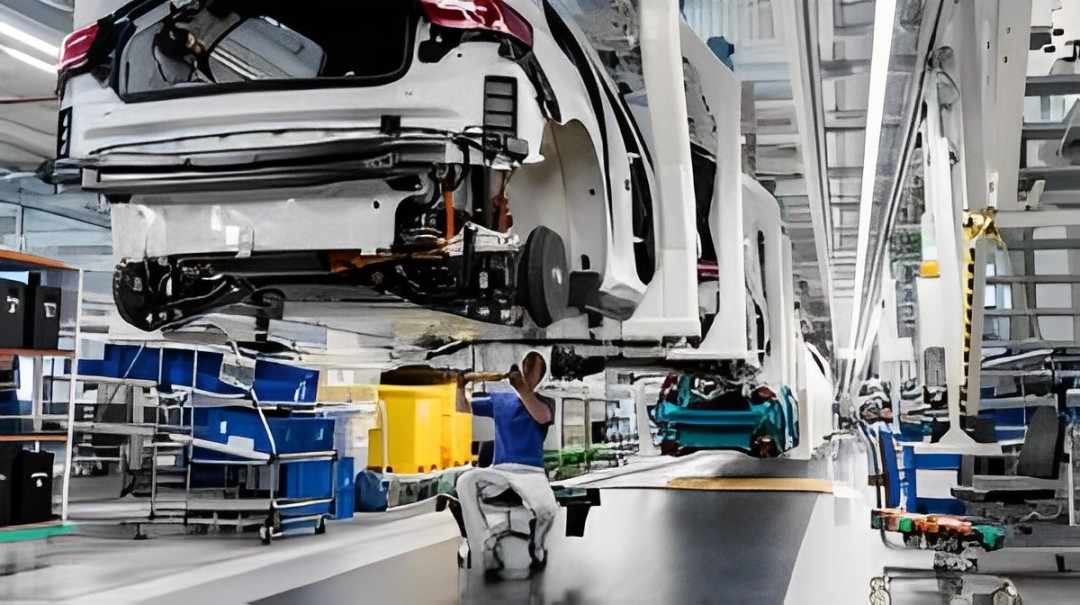Islamabad, Aug 24: The decision by Millat Tractors Ltd (MTL) to halt manufacturing until further notice is pressuring suppliers of parts to cease or reduce their business operations, perhaps leading to layoffs of employees.
Furthermore, according to an MTL official, the company assembled and sold fewer than 1,000 units in August since it was unclear how GST refunds would work with the imposition of a 10% tax on tractor sales starting on July 1, 2024. To differentiate between a farmer, from whom 10 percent GST is to be collected, and a non-farmer tractor buyer, for whom 18 percent GST is to be levied, the Federal Board of Revenue (FBR) has not yet developed a system.
The auto parts manufacturer Bolan Castings Ltd (BCL) said in a public filing on Friday that it is experiencing a decline in revenues as a result of a sharp decline in client orders. company primary clients’ payment delays are also seriously straining company finances. The BCL management has therefore made the decision to stop production on August 26 until further notice. For the same reasons, BCL had also stopped manufacturing from August 12 to August 16.
The chairman of the Pakistan Association of Automotive Parts and Accessories Manufacturers (Paapam), Abdul Rehman Aizaz, told Dawn that the vending unit situation is dire.The majority of tractor vendors in Lahore have either stopped operating or reduced their output. Due to Millat Tractors’ closure, vendors are unable to continue manufacturing. “Worker layoffs could commence shortly if the FBR does not implement a notification mechanism for sales tax refunds,” he expressed his fear.
According to Mr. Aizaz, the government should reimburse farmers immediately rather than requiring the industry to collect taxes first and then request a refund and to do so without informing any mechanism if it want to give farmers tax advantages by collecting 10 percent GST instead of 18 percent.
For many years, the FBR has been unable to process multi-billion dollar GST refunds, which has left the tractor manufacturing supply chain as a cash wasteland. Due to a scarcity of parts, Pak Suzuki Motor Company Ltd (PSMCL) was also closed from August 1 to August 23.
According to Mr. Aizaz, for the past two years, auto suppliers have operated at a capacity utilization of 25–30%. The restriction on auto loans to a maximum of Rs3 million would be lifted right away to allow some breathing room. With another interest rate reduction anticipated, car sales may rebound, but a Rs. 3 million financing restriction remains a significant obstacle.
Regulatory duty (RD) on used cars under 1,300cc should be enforced, according to the head of Paapam, in order to safeguard the development of the local industrial sector. Even though 65 percent of imported secondhand cars are smaller than 1,300cc, the government has levied RD on autos over 1,300cc in the FY25 budget.









